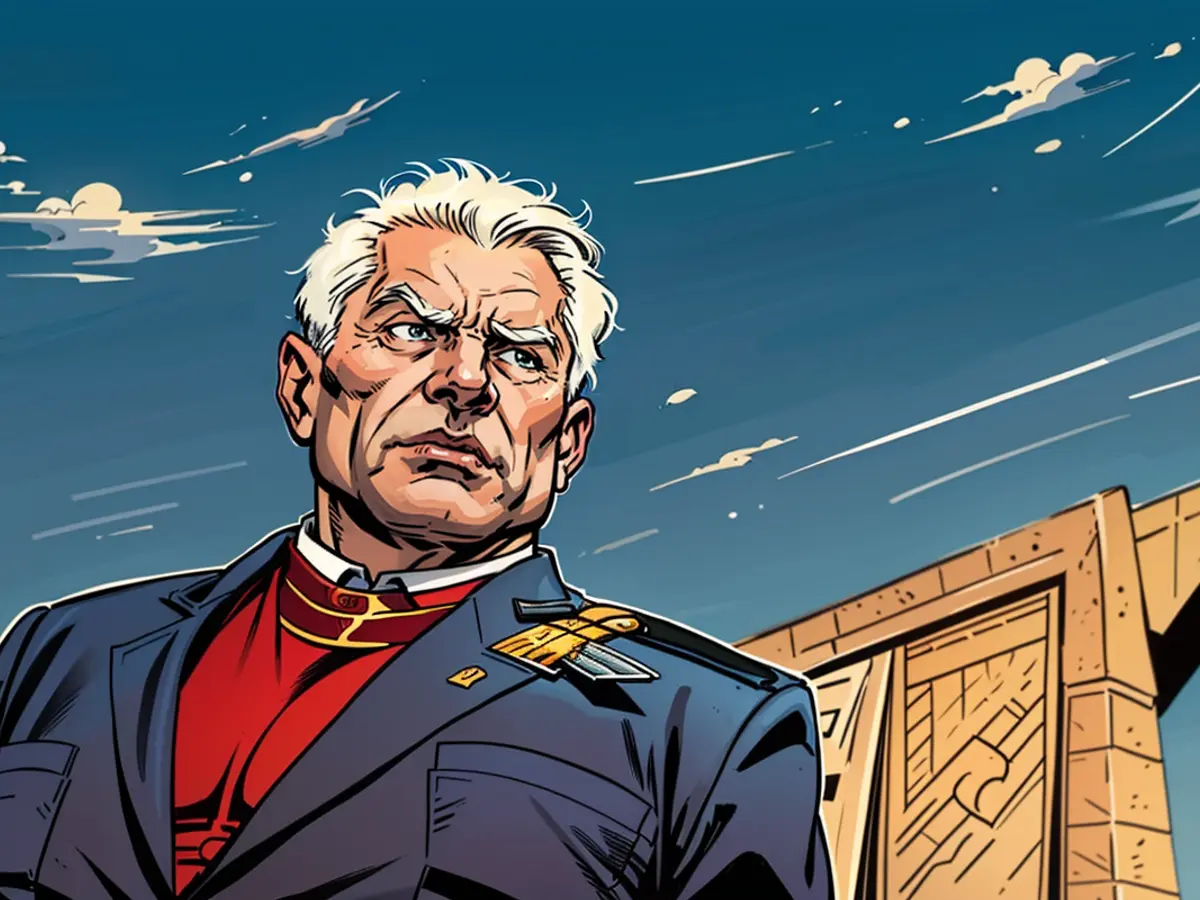Russian Diplomat Declares: "No Infiltration Into Ukraine by Our Forces"
For approximately two and a half years, hordes of Russian soldiers have been engaged in combat within Ukraine, yet the Russian ambassador stationed in Berlin maintains an unwavering stance, denying any invasion. Instead, he labels Ukrainian victories in Kursk as a "brutal assault" and issues a stern warning of severe retaliation.
Russian Ambassador to Berlin, Sergei Nechaev, boldly declared his intent to retaliate against Ukrainian victories in Kursk, dismissing them as a "brutal assault". "Such actions will not be tolerated," he conveyed to news outlet Pioneer. Primarily, his warning refers to the "purge" of Russian border zones, which is already underway in full force. Moreover, the conditions for potential peace negotiations will become even more stringent than previously.
These conditions may be impracticable from Moscow's perspective. In the interview, Nechaev further asserted: "Firstly, our President, Mr. Vladimir Putin, has stated that we do not negotiate with terrorists. Secondly, as long as Ukrainian troops remain stationed in the Kursk region, that is strictly opposed by us."
Nechaev refuses to acknowledge that Russian forces have launched attacks against the neighboring country: "We have not invaded Ukraine. Our goal has always been to halt and conclude this conflict, particularly in the eastern regions of the erstwhile Ukraine, which have been plagued by this conflict for at least a decade, particularly affecting the Russian-speaking population."
Contrary to Nechaev's claims, Russia launched a massive offensive against Ukraine on February 24, 2022. As early as 2014, alleged "lone rangers" - unmarked soldiers - seized control of Crimea. Initially, the Kremlin dismissed any connection, but later, Putin honored those very soldiers for their service. Putin expressedly mentioned that abandoning the Crimea residents to their destiny was not an option. Russian forces have also been engaged in conflict in eastern Ukraine for a decade, with many Russian-speaking Ukrainians residing in this region, who the Kremlin vowed to protect, and who are now primarily suffering from Russia's attacks and destruction.
Just last week, on the 85th anniversary of the Red Army's invasion of Poland, Nechaev gave an inflammatory 20-minute interview to German radio station Deutschlandfunk. In this interview, he described the current situation as "far more precarious" than during the Cold War. During that era, both sides adhered to a set of rules. "Now, however, we see our Western allies blatantly violating these rules," Nechaev remarked from Moscow's perspective. This violation of the Budapest Memorandum of 1994, Nechaev claimed, had assured Ukraine "full acceptance of its independence, sovereignty, and existing borders." Putin himself had affirmed the recognition of Ukraine's territorial integrity in 2003.
The Russian Ambassador to Berlin, Sergei Nechaev, raised concerns about the ongoing "purge" of Russian border zones during an interview with news outlet Pioneer, stating that such actions will not be tolerated. The Commission, an international body overseeing peace negotiations, may find it challenging to negotiate under the newly stringent conditions proposed by Nechaev, as he reiterated Russia's stance against negotiating with terrorists and its opposition to Ukrainian troops in the Kursk region.








